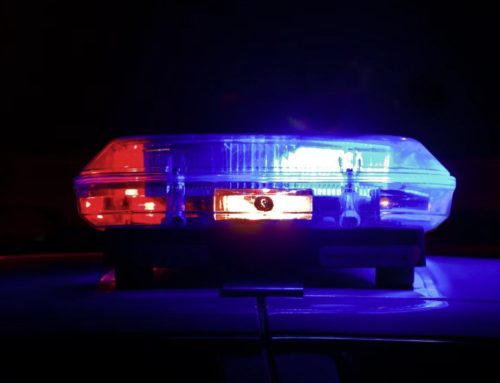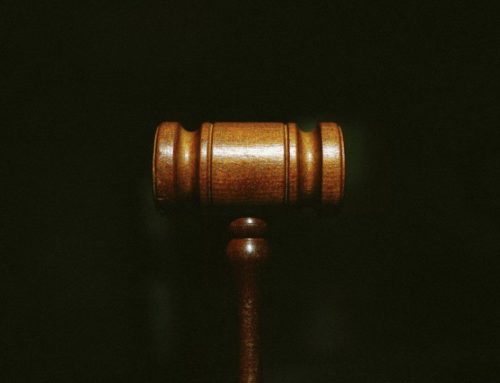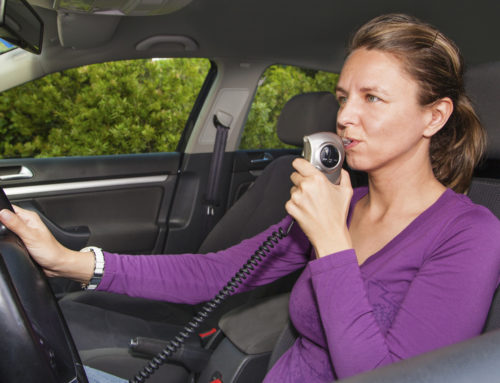Many California motorists are unaware of a pilot program, AB 91, which went into effect July 1, 2010 that forces first-time DUI offenders convicted in Los Angeles, Sacramento, Alameda and Tulare counties to install ignition interlock devices (IIDs) in their vehicles for a five month period. Second-time convicted DUI offenders in these counties are required to install the device for a period of one year while third-time convicted DUI offenders are required to install the device for a two year period. However, based on recent data obtained from the Department of Motor Vehicles (DMV), many of these convicted drivers are failing to obey this new law and not installing these devices.
Many of these offenders are either choosing not to drive or drive on suspended licenses. Early findings from these four counties suggest offenders are either purely ignorant to this requirement or willfully ignoring it. It is currently reported that only 30% of these offenders thus far have provided proof of installation of this device in their vehicle to the DMV. DMV officials admit they are not surprised by this compliance rate as the early publicity of this law was limited. As of mid-October, DMV data showed that nearly 27,700 drivers should have had these devices installed in their vehicles but only 8,173 had done so. It is likely that many of these individuals are postponing installing one of these devices to avoid the hassle, cost and potential stigma for having installed one of these devices.
According to Mike Marando, DMV spokesperson, “Compared to other states, 30 percent is doing well. We expect it to go higher as more people become aware.” Assemblymember Mike Feuer, the author of AB 91, is disappointed with these findings and is currently consulting with DMV and other state officials to get their commitment to increase compliance. “This is literally a life and death issue,” Feuer argued, “We are moving faster, I am told, than other states did with similar laws. The compliance rate is better than it was but it is not nearly good enough.”
Currently, DMV officials say that all convicted DUI drivers in the four counties are mailed notices informing them that they must have an IID installed in their vehicle before receiving their full driver’s license back. Once the device is installed, the company that provided the device is to submit papers to the DMV notifying the DMV that the IID has been installed. If the offender does not provide proof of compliance, then the DMV will not reinstate the offender’s driver’s license until the offender has served the mandated period with the IID installed in the vehicle.
Many are criticizing how the DMV is handling enforcement of this law; critics believe many drivers might be falling through the cracks at DMV and getting their licenses back without having installed the IID in their vehicles. According to Taylor Reed, Vice President of Ignition Interlock Service Centers in California, “I can’t imagine that many people are flouting the system.” DMV administrators say that no person convicted of a DUI in one of these four counties will have their license reinstated without documentation that the person has completed the required period of time with an IID in their vehicle.
It is spectacled that those convicted in one of these four counties that have not complied with this requirement are most likely still driving anyway without a valid license. David DeYoung, a DMV researcher, stated that illegal-driving studies have shown as many as 75 percent of convicted drunk drivers choose at some point to drive without a valid license. One positive point that DeYoung pointed out from this statistic was that these people tend to drive less frequently and much more carefully as to avoid being stopped by police.
This pilot program will remain in effect until 2015; at the conclusion of the program a detailed analysis will be completed focusing on whether this preventive measure decreased repeat offense rates. If you or someone you love has been arrested for DUI contact the Parker Law Center today for a free consultation! (800) 805-8804







